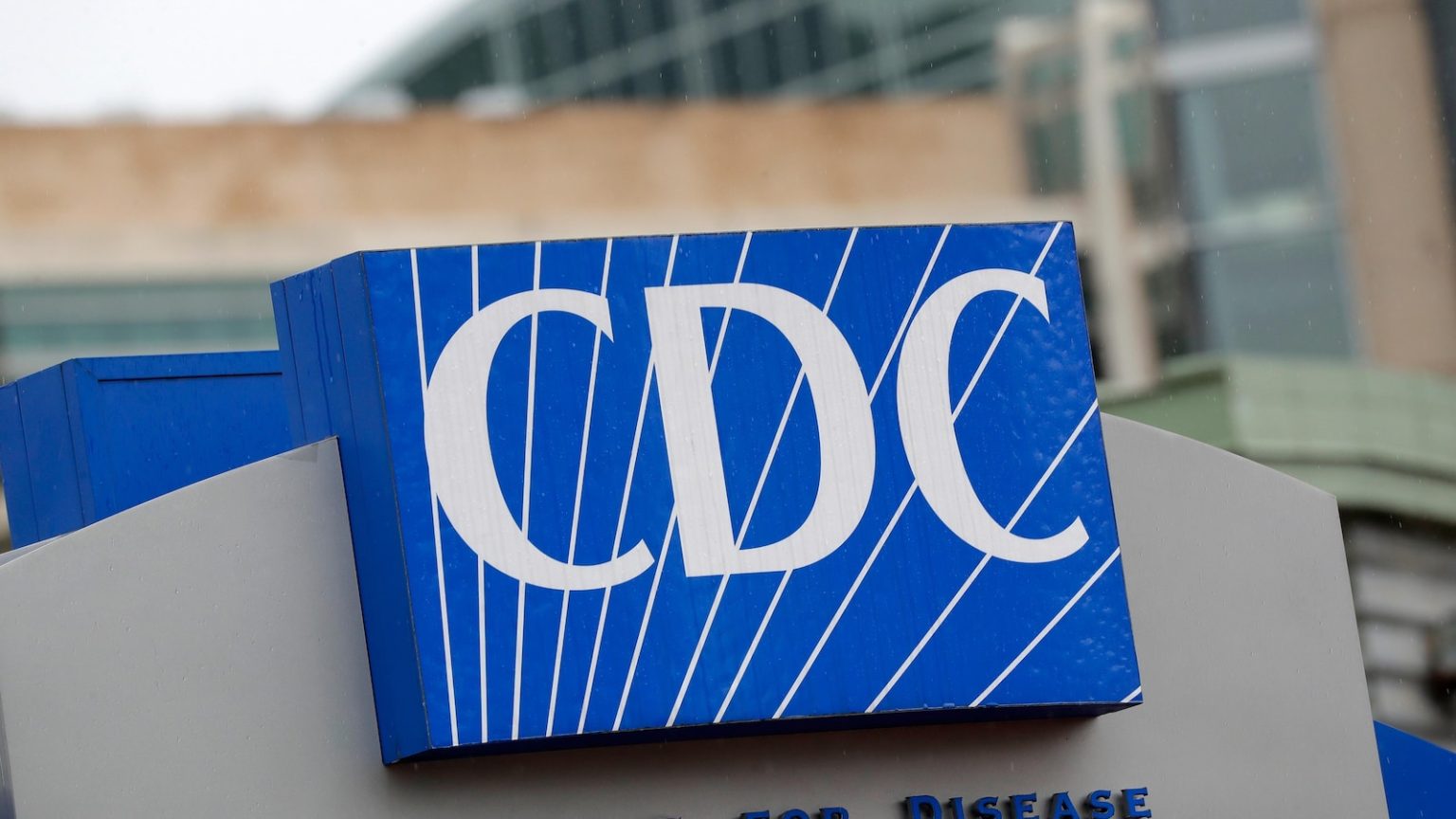The Trump Administration’s Removal of Public Data Sparks Concern Among Researchers
A Sudden and Widespread Data Disappearance
In a surprising move, the Trump administration has initiated the removal of certain public datasets from government websites, sparking alarm among researchers and data analysts. This action appears to be in response to an executive order aimed at rolling back protections for transgender individuals, specifically targeting language related to "gender ideology." The removal of data has affected various federal agencies, including the U.S. Census Bureau and the Centers for Disease Control and Prevention (CDC), leaving researchers scrambling to understand the extent of the changes and their potential impact.
Broader Implications Beyond Gender Terminology
While the immediate focus of the data removal is on gender and transgender-related terminology, researchers are increasingly worried that this could set a precedent for the alteration or deletion of data on other politically sensitive topics, such as climate change and vaccines. This concern is heightened by the lack of transparency and communication from federal agencies regarding the nature and extent of the changes. The abrupt disappearance of datasets has left many in the scientific and academic communities feeling a sense of urgency and alarm.
Expert Reactions and Calls for Transparency
Experts and organizations have expressed strong opinions regarding the data removals. Dr. Joshua Sharfstein, a health policy expert at Johns Hopkins University, noted that the CDC’s decisions have significant implications for public health research and community understanding. The Population Reference Bureau’s Beth Jarosz emphasized the danger of allowing any administration to unilaterally delete public data, which could undermine trust in government institutions. Professional associations, such as the Council of Professional Associations on Federal Statistics, have also weighed in, calling the removals a violation of the principles of transparency and public access that the U.S. statistical system is known for.
Technical and Documentary Impact
The removal of datasets is not the only issue; researchers have also noted the disappearance of supporting documentation, such as codebooks that explain the variables within the datasets. These materials are essential for understanding and interpreting the data accurately. Furthermore, some published research that relied on these datasets has been altered, with certain sections redacted or removed. These changes make it difficult for researchers to continue their work and raise questions about the integrity of the data moving forward.
Specific Instances of Data Unavailability
Specific examples of the data removals include the U.S. Census Bureau’s most comprehensive survey of American life, which was reportedly unavailable due to maintenance. The CDC’s public health data portal, data.cdc.gov, was taken down temporarily and returned with a message indicating compliance with the President’s executive orders. However, upon its return, at least one gender column was missing from the Youth Risk Behavior Survey data, and its accompanying documentation had been removed. These instances illustrate the widespread and sometimes subtle nature of the changes, which have left researchers struggling to access necessary information.
Looking Ahead: The Fight for Data Integrity
As the situation continues to unfold, many are calling for immediate action to restore the removed datasets and ensure that such actions do not become a precedent for future administrations. Paul Schroeder, of the Council of Professional Associations on Federal Statistics, suggested that researchers may need to resort to legal measures, such as filing Freedom of Information Act requests, to regain access to the data. Meanwhile, professional organizations are urging Congress and the administration to take steps to prevent further erosion of public trust in the U.S. statistical system.
The removal of public data by the Trump administration has sent shockwaves through the research community, raising concerns about the integrity and accessibility of taxpayer-funded information. As researchers and organizations advocate for transparency and the restoration of the removed datasets, the broader implications of these actions for science, policy, and public trust remain a pressing issue.















